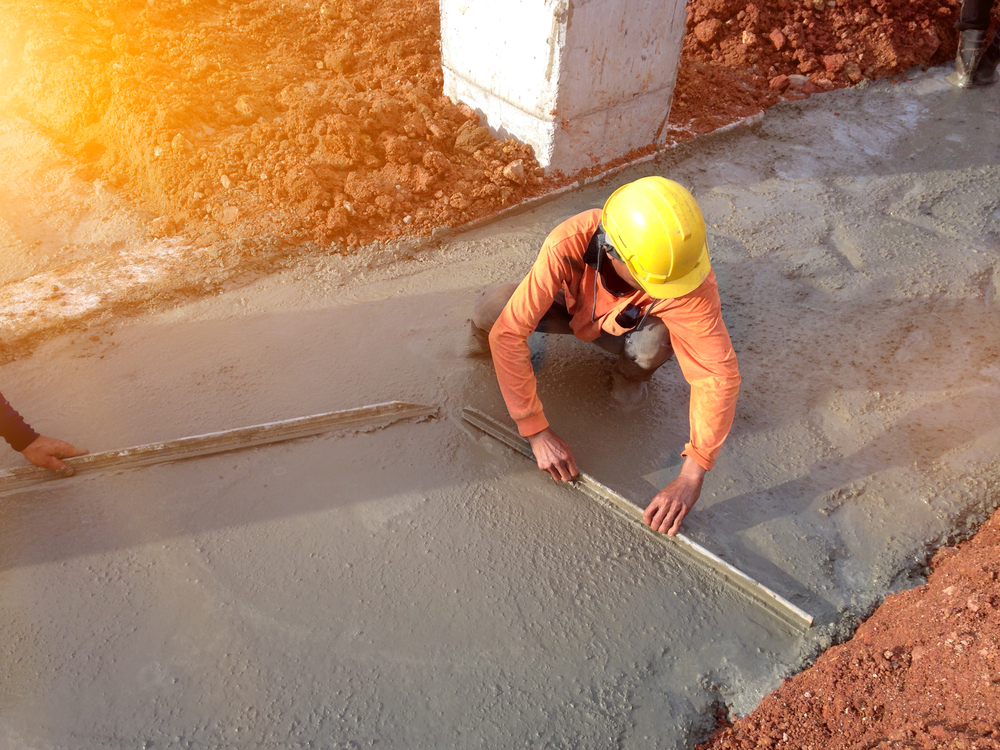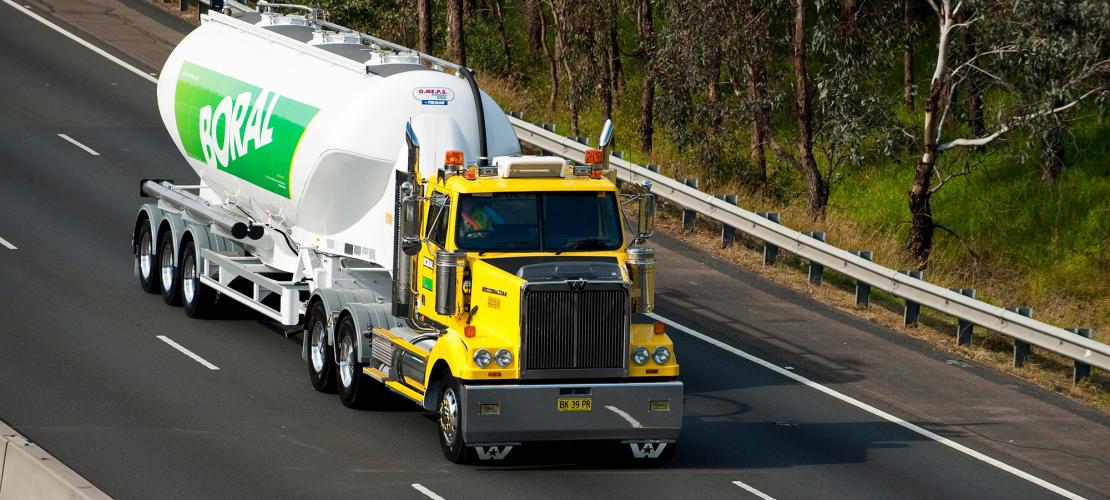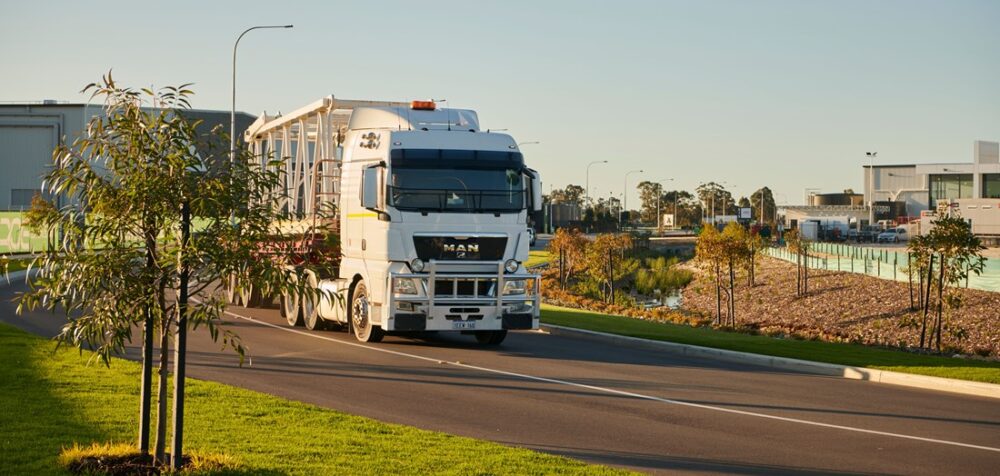
Researchers have demonstrated how a by-product of steel making can be used to both treat wastewater and make stronger concrete, in a zero-waste approach to help advance the circular economy.
Produced during the separation of molten steel from impurities, steel slag is often used as a substitute aggregate material for making concrete.
Steel slag can also be used to absorb contaminants like phosphate, magnesium, iron, calcium, silica and aluminium in the wastewater treatment process, but loses its effectiveness over time.
Engineering researchers at RMIT University examined whether slag that had been used to treat wastewater could then be recycled as an aggregate material for concrete.
The concrete made with post-treatment steel slag was approximately 17 per cent stronger than concrete made with conventional aggregates, and 8 per cent stronger than raw steel slag.
Water engineer, Dr Biplob Pramanik, said the study was the first to investigate potential applications for ‘sewage-enhanced’ slag in construction material.
“The global steelmaking industry produces over 130 million tonnes of steel slag every year,” said Pramanik.
“A lot of this by-product already goes into concrete, but we’re missing the opportunity to wring out the full benefits of this material.”
“Making stronger concrete could be as simple as enhancing the steel slag by first using it to treat our wastewater.”
“While there are technical challenges to overcome, we hope this research moves us one step closer to the ultimate goal of an integrated, no-waste approach to all our raw materials and by-products,” Pramanik shared.
In the study, civil and water engineering researchers found the chemical properties of the slag are enhanced through the wastewater treatment, so it performed better when used in concrete.
“The things that we want to remove from water are actually beneficial when it comes to concrete, so it’s a perfect match,” Pramanik said.
Civil engineer, Dr Rajeev Roychand, said the initial study was promising but further research was needed to implement the approach at a larger-scale, including investigating the long-term mechanical and durability properties of enhanced slag.
“Steel slag is currently not in widespread use in the wastewater treatment industry – just one plant based in New Zealand uses this by-product in its treatment approach,” he said. “But there is great potential here for three industries to work together – steel making, wastewater treatment and construction – and reap the maximum benefits of this by-product.”
The study, Recycling steel slag from municipal wastewater treatment plants into concrete applications – A step towards circular economy, with RMIT School of Engineering co-authors Professor Sujeeva Setunge and Professor Kevin Zhang, is published in Resources, Conservation and Recycling (DOI: 10.1016/j.resconrec.2019.104533).











